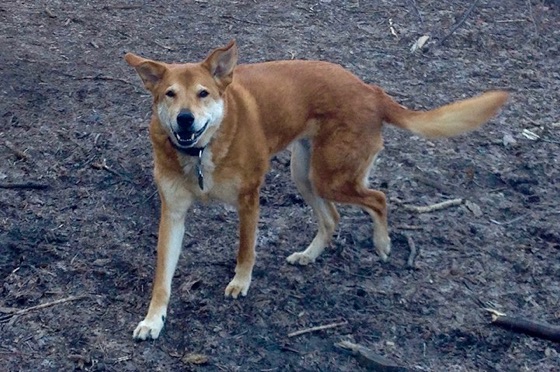names


“Naming a child at birth is a leap in the dark,” he proclaimed. “You risk naming a Douglas ‘Henry’ and a Zelda ‘Joanne’, and misnaming a child is not to be taken lightly—an ill-chosen name can seriously undermine a child’s confidence and sense of self-worth. It can completely alter a child’s destiny.”
I’m paraphrasing. It was early 50s, too long ago to remember exactly what he said, but that was the gist of it. The speaker was André Francois Bordilieu, a prominent child psychologist with a weekly radio show all the women were listened to, including my grandmother. I just happened to be there at the time.
“Before naming children,” he advised, “give them a year or two to reveal who they are.” He likened them to tulip bulbs. “Wait till they blossom,” he said, “till they show their colours.”
Many followed his advice, including friends of my mother who, while waiting for their own precious little bulb to blossom, felt a need to call her something so called her Darling. Fifty years later, she’s still called Darling—Darly by those close to her. That’s the thing with names—however odd or inappropriate a name may seem at first, over time, you get used to it—the name and named become one. So, I didn’t see it mattering much what you were called..
Bordilieu, however, saw things very differently and, by the late 50s, had added a whole new twist. He was advising, now, that newborns be given generic names like Babe or Sonny till at least 5 years of age, then allowed to name themselves. He had a massive following, still, so it’s no surprise that name registries from those times show a profusion of Barbies and Cinderellas and an occasional Superman. There are quite a few Babes and Sonnys, as well.
I’m of two minds, these days, about the importance of one’s name in the grand theme of things—on the one hand still believing it makes no difference, on the other hand wondering where I’d be right now had I been named Adolf, for instance, or Elton, or Buckminster, and I can’t help thinking I’d be somewhere else.
from > here by the window